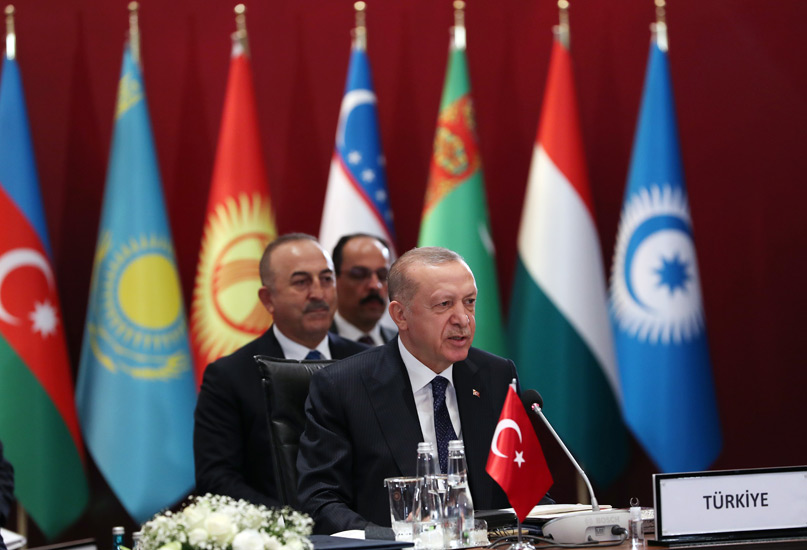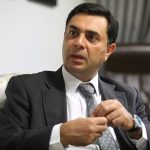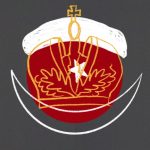Representatives of the governments of five countries in the Organization of Turkic States – Turkey, Azerbaijan, Kazakhstan, Uzbekistan and Kyrgyzstan –committed themselves to establishing a common Turkic alphabet and have also expressed the hope that Turks living under Russian or Chinese rule will eventually be able to join them.
Not surprisingly, Moscow is alarmed by this (vz.ru/world/2022/10/23/1183402.html), viewing it as a threat to Russian influence in the former Soviet space and also to Russian rule over the Turkic population within its own borders. Ruslan Aysin, an analyst for the IdelReal portal, explains why those fears are not misplaced (idelreal.org/a/32096722.html).
Over the last two or three years and especially after Putin launched his war against Ukraine, the analyst says, the unification of Turkic states under the aegis of Turkey has assumed a dramatic increase. “Before our eyes,” he says, “the Turkic world has acquired its own status as a subject” of international politics.
That has to alarm Moscow given that the Russian center has long sought both to promote its own “Russian world” and to engage in divide-and-conquer tactics against the Turkic one, changing the alphabets that world used twice – from Arabic to Latin script and then to Cyrillic – as part of its plans to weaken the Turkic world.
“The Turkic world today is more than 300 million people,” larger than the Russian world Moscow wants to defend. “A common Turkic language using a single alphabet will join the most widely used languages of the world” and “become a powerful instrument not only for the integration of the Turkic world but a shield against aggression from the so-called ‘Russian’ one.”
Today as Putin understands and as the Turkic peoples do as well, “language in the era of mass communications has become an instrument of ideological and political struggle.”
Paul Goble
Source: Window on Eurasia



